Tag: social
-
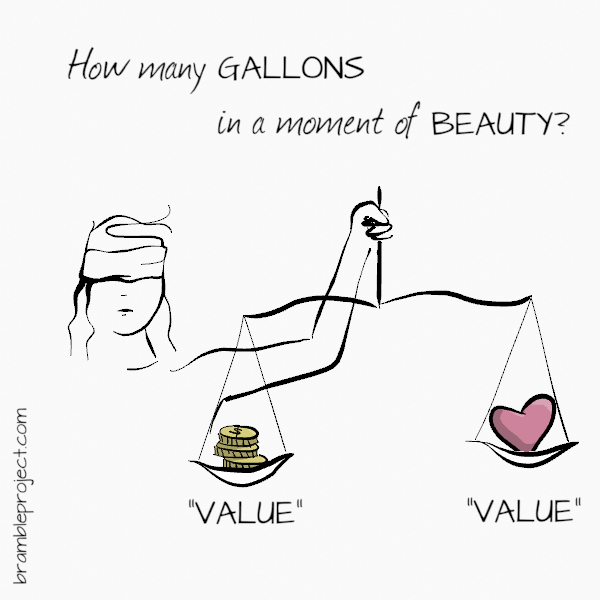
Healing Means Justice Means Healing
What will it take to stand in this opportunity for systemic change? Disclosure & disclaimer: Some projects mentioned here are partly funded through Seattle’s Equitable Development Initiative, where I work. Views expressed here are my own, not my employer’s. The data trail of racial wealth and health disparities in the path of COVID-19 is a…
-
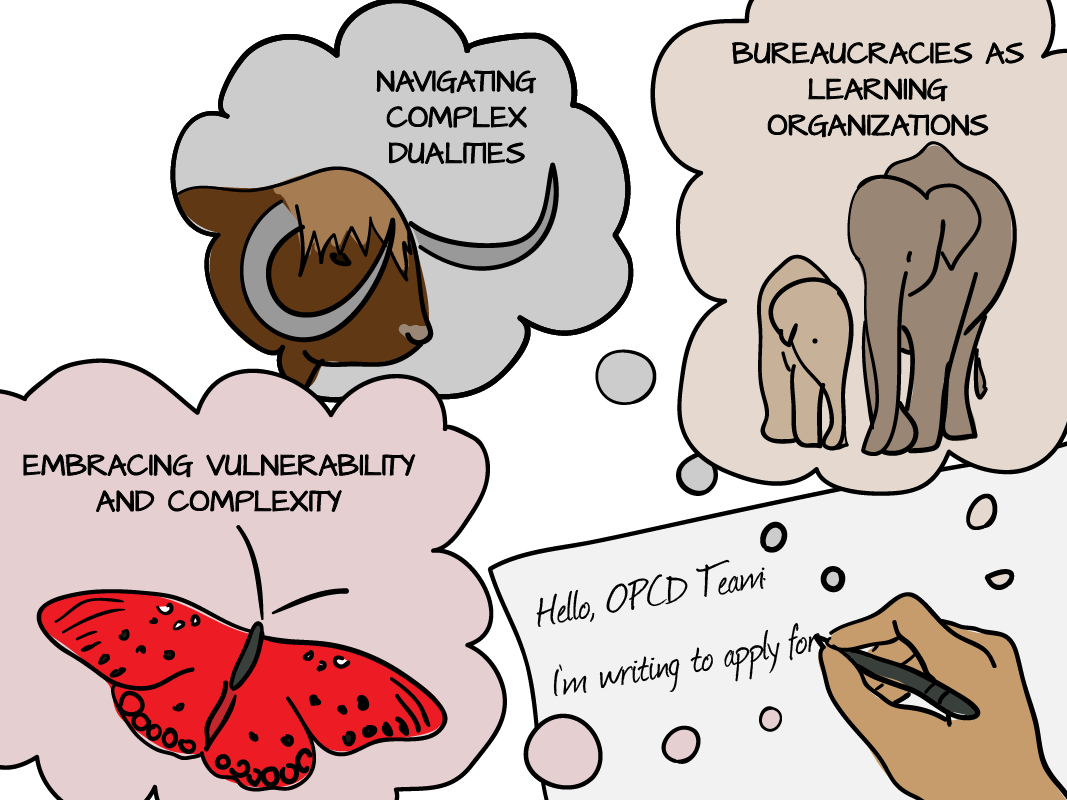
A new job: Real Estate Strategist
Why did I take a job at the City? In June, I began working at the City of Seattle’s Office of Planning and Community Development, as the Real Estate Strategist. There is so much to say, and I hope to have an essay for your thoughts soon. For now, here’s the cover letter that accompanied…
-
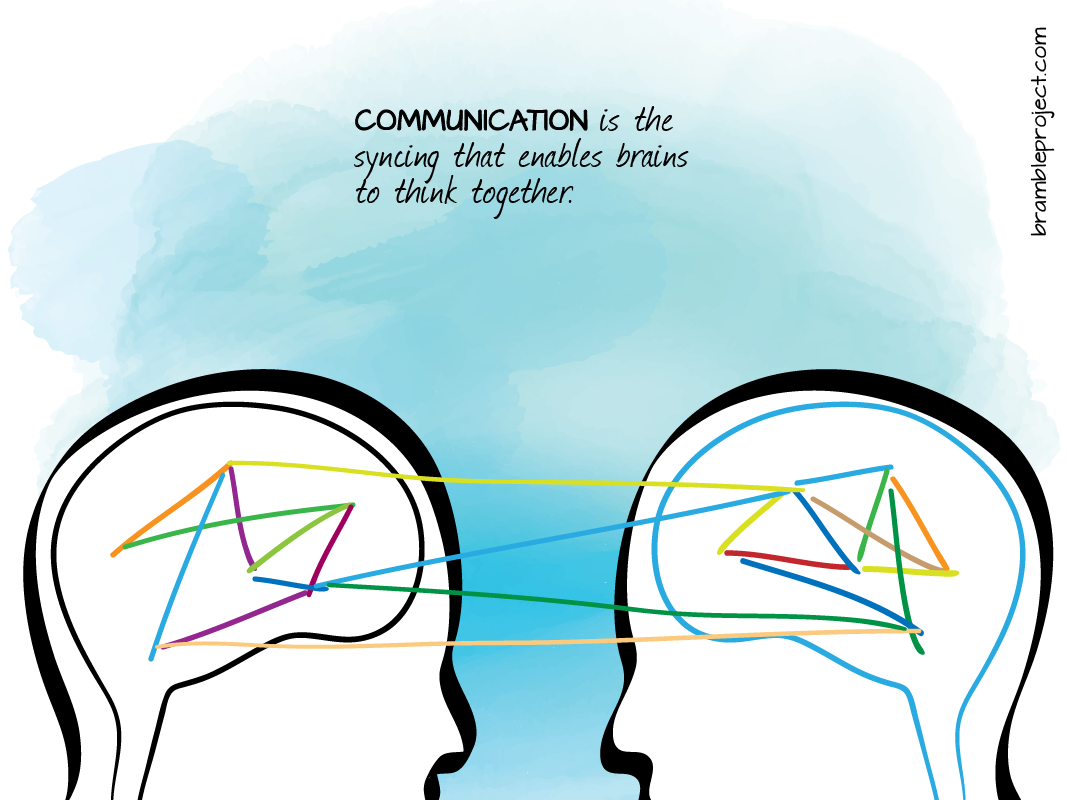
Our Political Polarization: Heartbreak and Healing
Why does politics feel crazy these days, and what can we do about it? Last year, I facilitated a year-long conversation called Between Americans. The 24 participants—half red and half blue—had signed up hoping to achieve connection and understanding across the political schism. By the end of the year, most hadn’t achieved what they’d hoped…
-
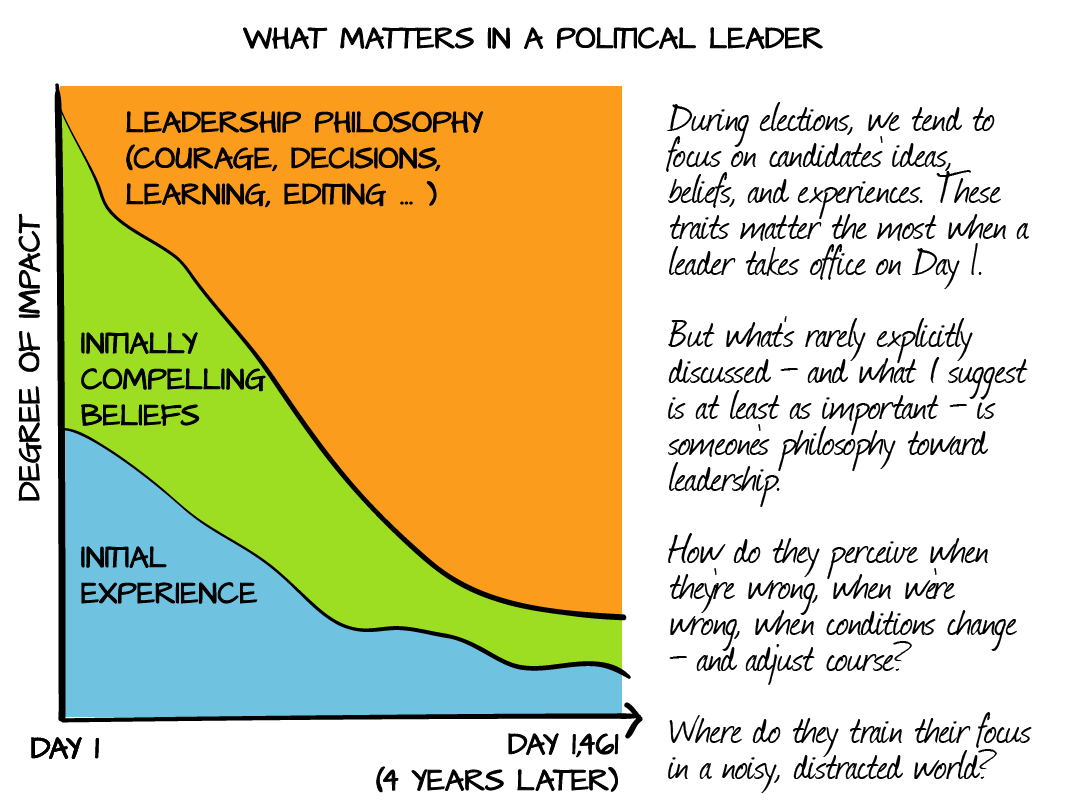
How Should I Vote?
How should we select political leaders in complex and changing times? As election season ramps up again, I find myself wondering more than ever before: how should I research the candidates? This year, while facilitating a conversation among people who voted for Clinton and Trump, I’ve noticed that, even among people who’ve committed time to…
-
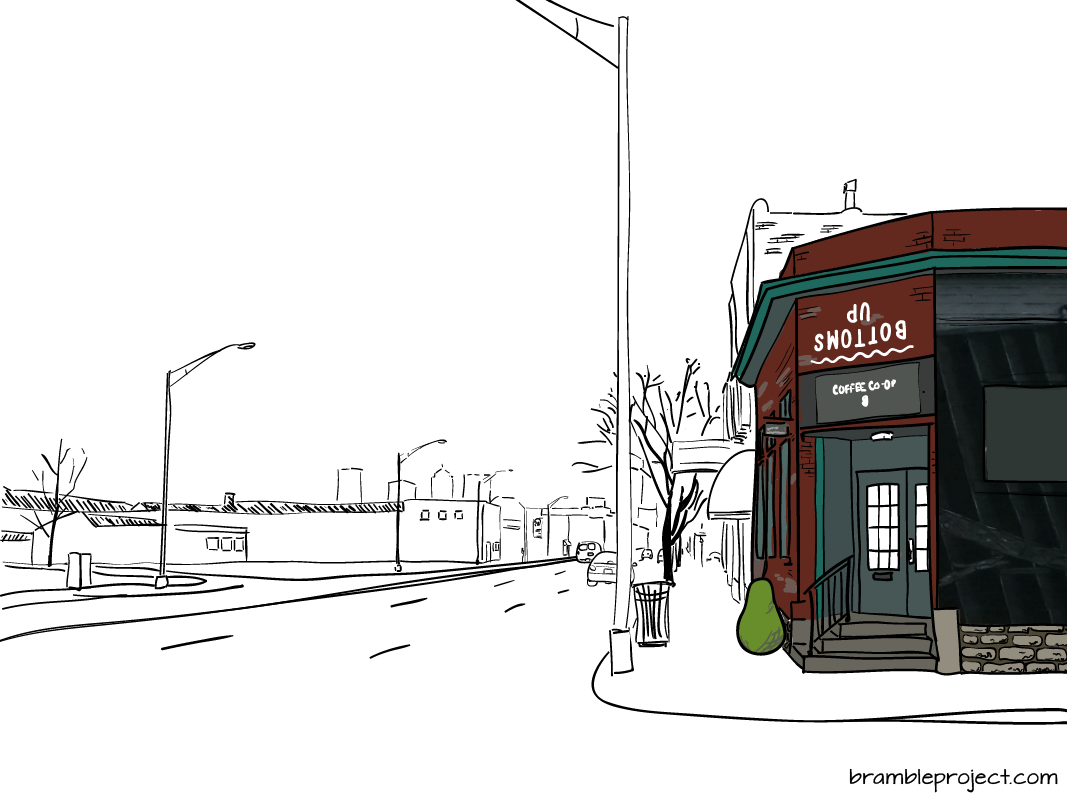
Social Conscience in Columbus, OH
What counts as a thoughtful effort in a gentrifying neighborhood? In Columbus, I set out to investigate a few different takes on socially conscientious development. I learned something about how hard it can be to write hopefully and pragmatically at the same time….
-
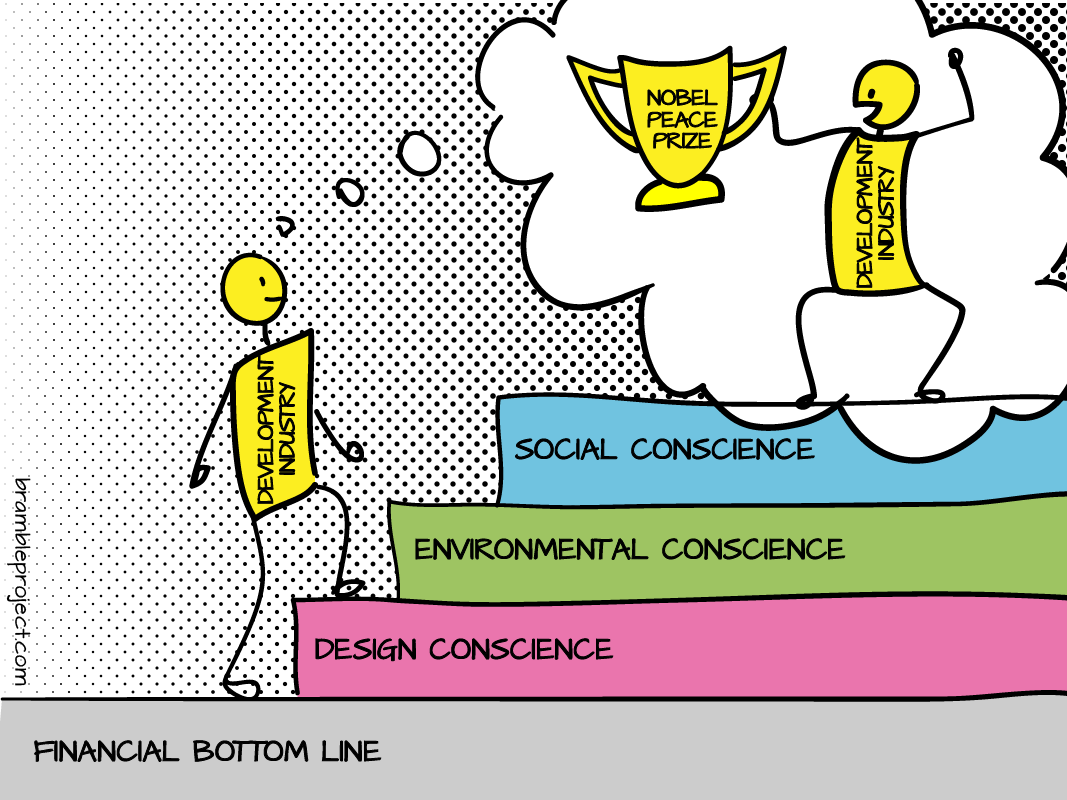
The Hierarchy of Nobel-Prize-worthiness
Why is it so hard to find developer success stories in combating gentrification? In The Theory of Moral Sentiments, Adam Smith explored the cultural milieu that produces our sense of right and wrong. In this work, which laid the groundwork for The Wealth of Nations, Smith notes that it’s human nature to seek praise and praise-worthiness. This basic tendency, he supposes, forms…
-
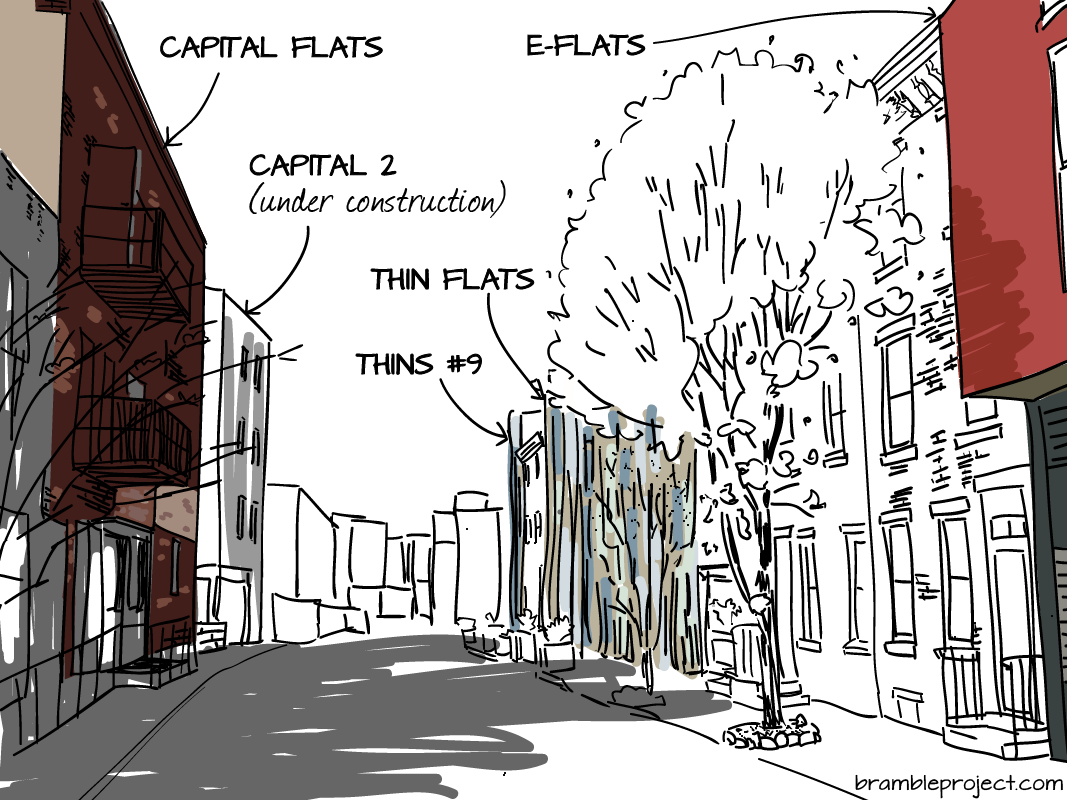
Tim McDonald, Onion Flats—Philadelphia, PA
Can a single design- and environmentally-conscious developer influence others? Tim McDonald runs Onion Flats with his three partners. Trained as an architect, Tim co-founded the Philadelphia-based alongside his brother. “As a developer,” he says, “every project I’ve ever done has been an opportunity to explore something. I’m a design-driven developer, and I come at it from…
